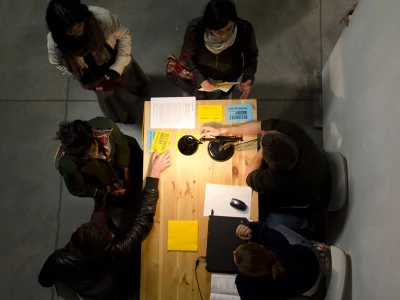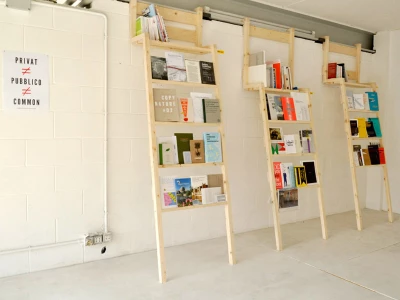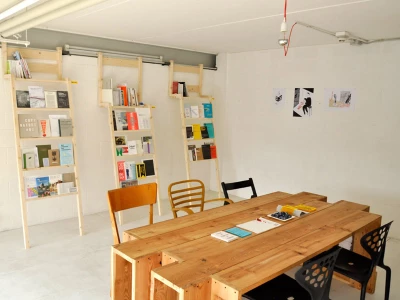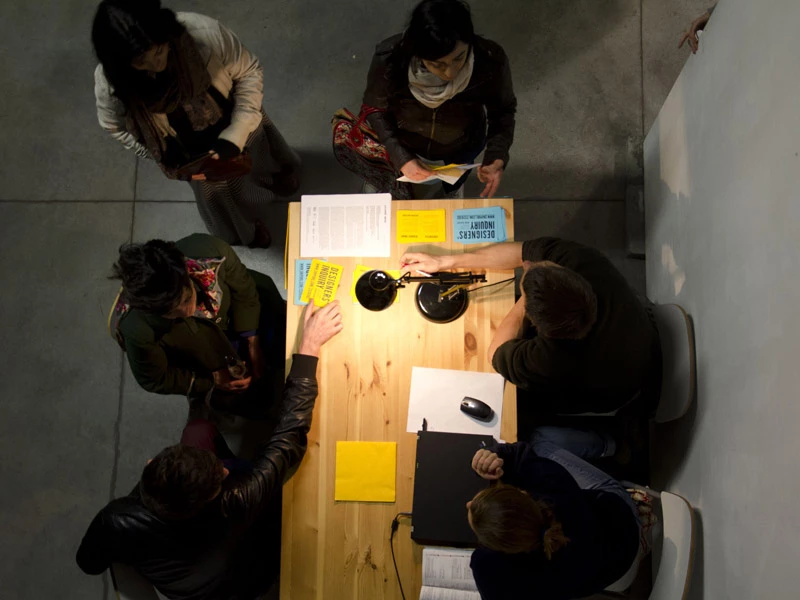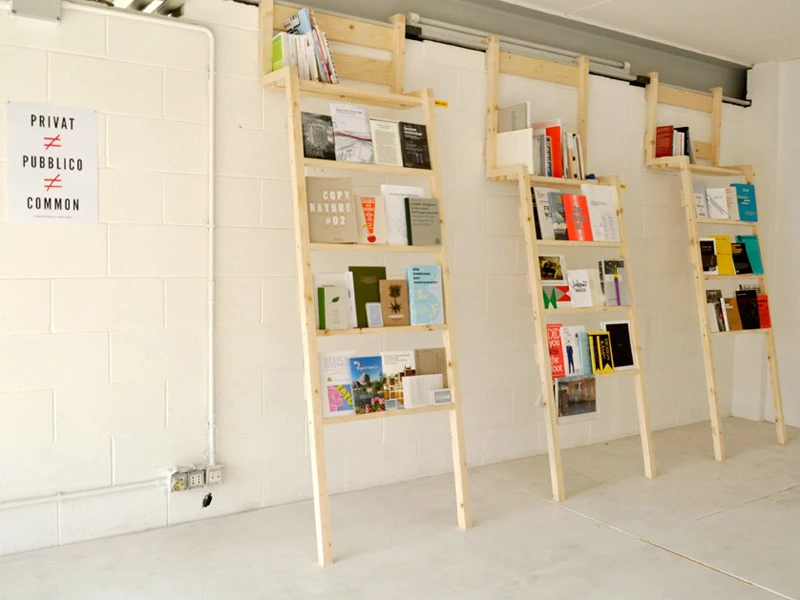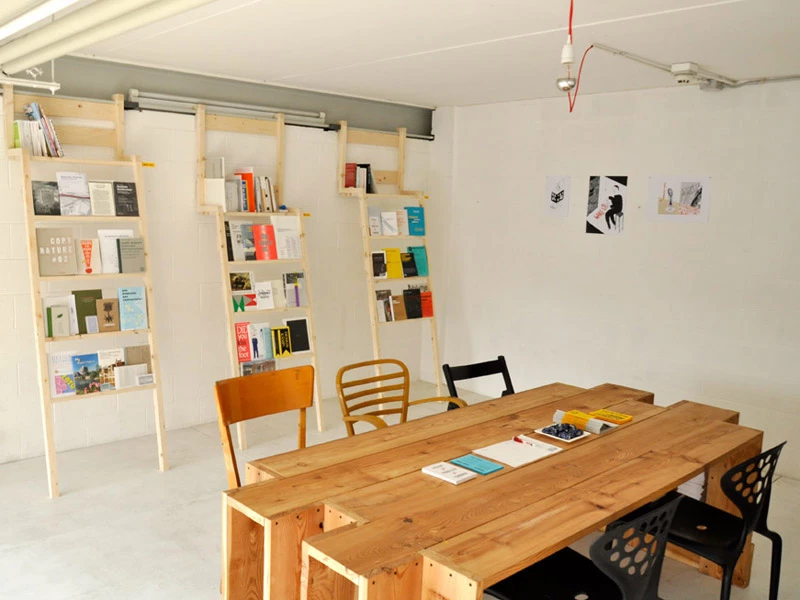Cantieroteca
On the occasion of its opening during the Salone del Mobile, ‘Cantieroteca’ places particular emphasis on the section dedicated to self-published editorial works, inviting professionals and the public to actively contribute to the growth of the Archive and to the debate concerning the role and working conditions of the designer. From April 17 to 22, data and testimonies will be collected through a questionnaire and video interviews conducted in various locations at the Salone.
“We are a group of young Italian designers who met in autumn 2011 in Milan, within the framework of a residency project at Careof. Since then, together we have committed ourselves to asking questions, studying, and experimenting with support structures for design practices that adopt a critical approach. As designers, we feel deeply involved not only in the making of objects but also in the creation of relationships, processes, languages, and collective imaginaries. We consider it important to ask ourselves what kind of society we want to contribute to with our work, what position we hold within the current economy, and how we can challenge this position. Il Cantiere is the place—both virtual and physical—where we carry forward this research, using action methods tested from time to time. Il Cantiere is also the place where we take care of our collective becoming. We are open to various forms of collaboration and to anyone interested in participating.”
Il Cantiere per pratiche non-affermative is composed of: AUT, a collective of product and communication designers; Brave New Alps, a collective focused on social and political themes aimed at change within communication design through research and training activities; Stefano Capodieci, illustrator and graphic designer who addresses the relationships between environment, technology, and health through infographics and maps; Isacco Chiaf, who combines infographics and performance, currently self-financing with self-produced subversive marketing; Francesca Coluzzi, a designer working in the field of research on visual culture through collective investigation methods; Caterina Giuliani, illustrator and graphic designer interested in critical discourse around visual communication; Manuel Guadagnini, working in visual communication creating discourse around social phenomena; Giovanna Zanghellini, object designer who incorporates narratives on social and political themes.
With the support of Comune di Milano
With the contribution of Fondazione Cariplo and Regione Lombardia - Istruzione, Formazione e Cultura
